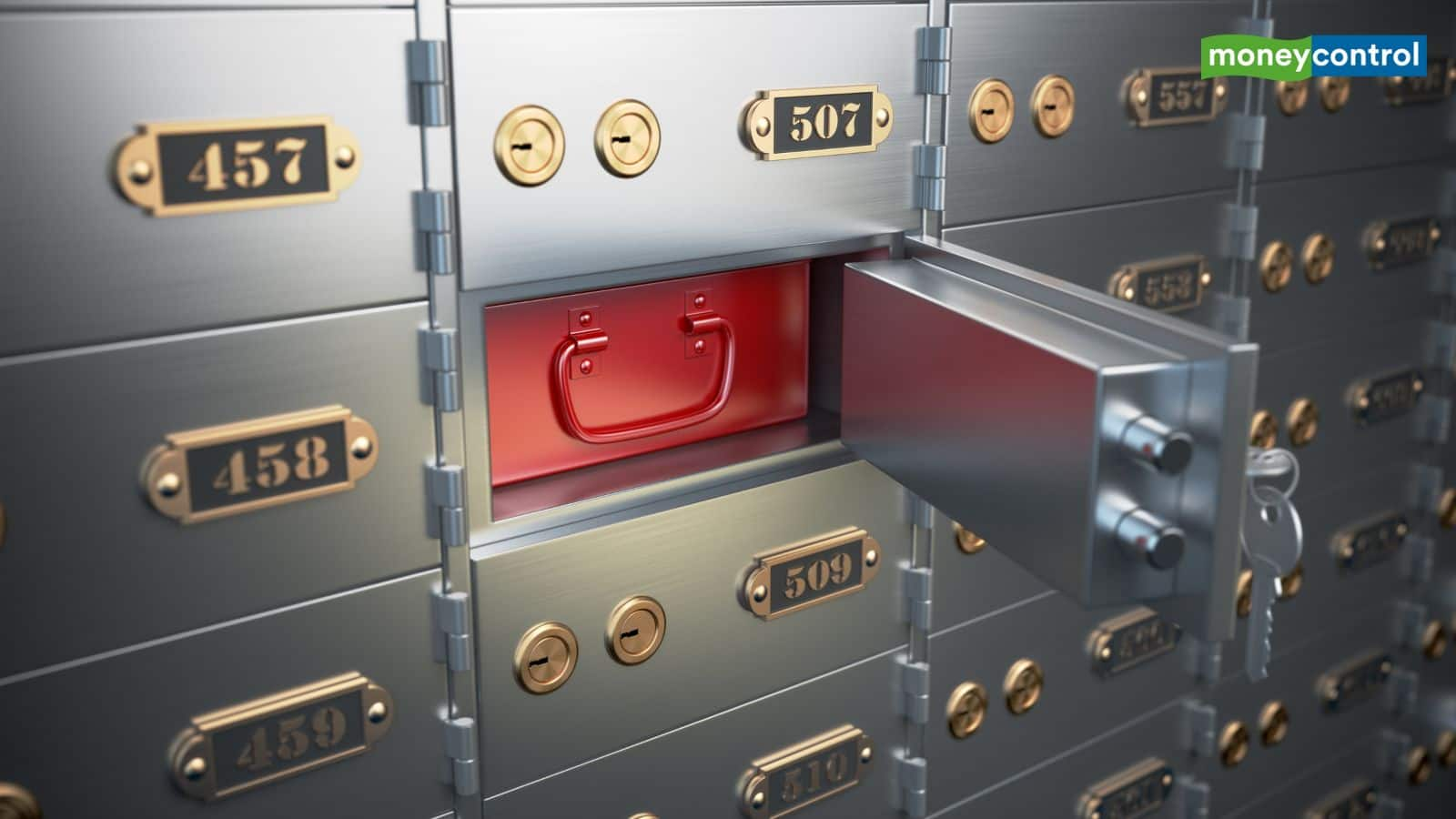
Many customers may lose access to their bank locker. The reason for this is the revised rental agreement. According to RBI rules, all customers with bank locker have to sign on these agreement. However, about 20% of the locker tenants are those whose bank locker may be sealed. Because they have not yet signed the agreement.
What are the provisions in the agreement?
According to the new locker agreement, if the bank fails to protect the material of the locker, customers can take legal action. If the material of the locker is poor or destroyed due to fire or other reasons, the bank may be held responsible.
No document will be taken from the customer to sign the new agreement, the bank will also give stamp duty.
How long has the new RBI rule in force?
In August 2021, RBI directed banks to get their current locker customers signed a new agreement by 1 January 2023. This decision was taken keeping in mind technical changes, customers’ growing complaints and feedback.
However, the deadline was later extended twice. First December 2023 and then till March 2024. Despite this, even today many customers have not been able to complete this process. Now banks are demanding that this deadline be reduced by December 2025.
What will happen if not signed on the agreement?
If the customer has not signed the revised agreement, the locker will be freeze, that is, use will not be allowed. Banks can be empowered to send final notices and close the locker for which the new agreement is not signed.
The RBI has also sought information from banks how much compliance has been done on safe lock agreement (SLA/RA). The RBI may then issue the next guidelines.
What can banks do now?
Banks are considering taking steps against customers who are not following the rules. Banks have requested the RBI and government officials to allow them to send the final notice and seal the locker. With this, banks will also be able to protect themselves from regulatory risk.
What can banks keep in the locker and what not?
In the bank locker, you can keep jewelry, essential documents (such as property papers, will), cash, digital media or other valuables. But keeping illegal objects, explosives, flammable substances, or restricted things is strictly prohibited. According to the RBI rules, the locker should only be used for things of legitimate and private use.
Also read: SIP Profit Booking: When and how to book profits in mutual funds, what are the things to keep in mind?